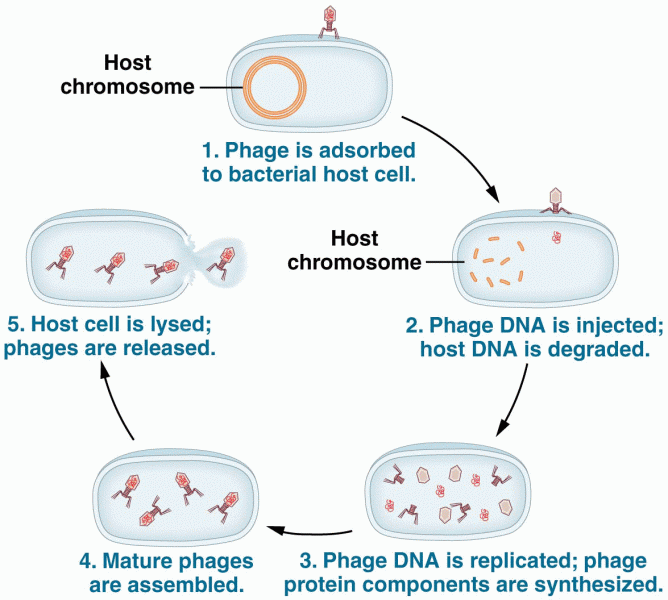|
|
|
There are over 65,000 known species of protozoa. About 10,000 species are parasitic.
The average human gut is home to perhaps 500 to 1,000 different species of bacteria.
Blastomycosis is often misdiagnosed, resulting in tragic outcomes. It is caused by a fungus living in moist soil, in wooded areas of the United States and Canada. If inhaled, the fungus can cause mild breathing problems that may worsen and cause serious illness and even death.
According to the American College of Allergy, Asthma & Immunology, more than 50 million Americans have some kind of food allergy. Food allergies affect between 4 and 6% of children, and 4% of adults, according to the CDC. The most common food allergies include shellfish, peanuts, walnuts, fish, eggs, milk, and soy.
The first oral chemotherapy drug for colon cancer was approved by FDA in 2001.







